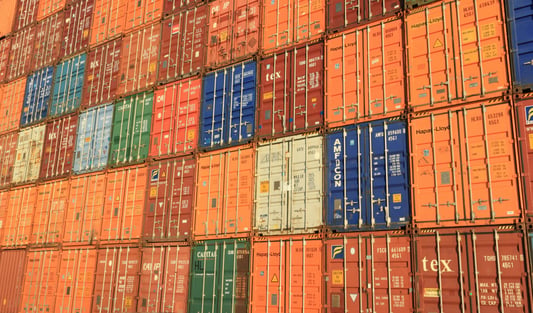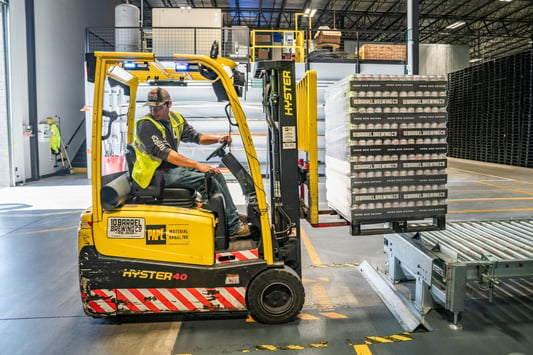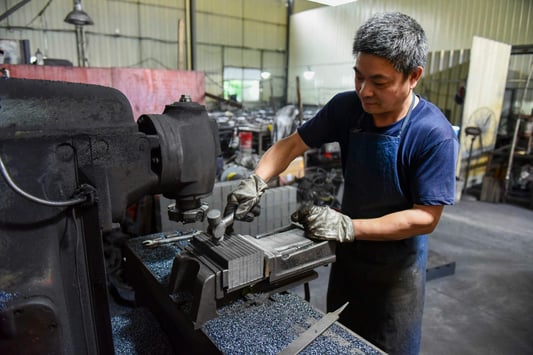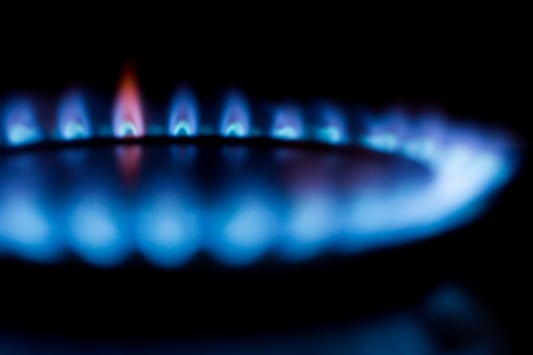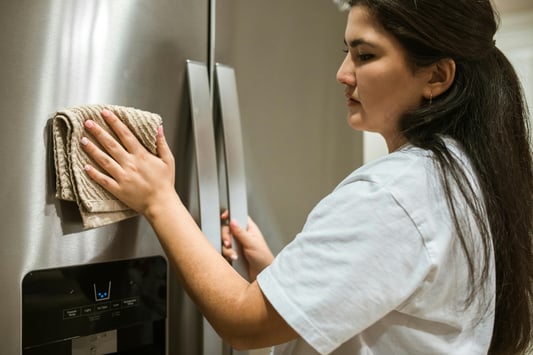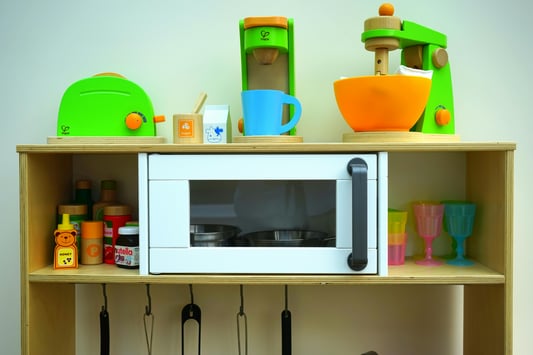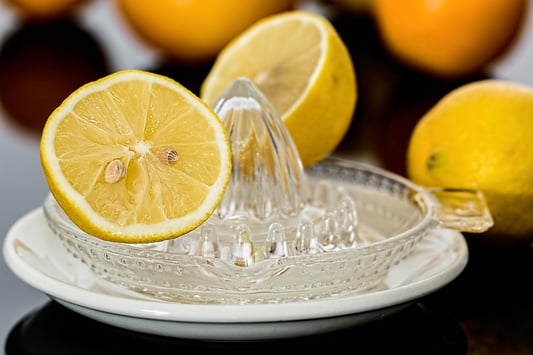What are Inspection Methods?Inspection methods are techniques used to evaluate, assess, and analyze the quality, condition, or performance of a product, process, or system. These methods are crucial for ensuring that standards are met and identifying any areas that require improvement.Visual InspectionVisual inspection is one of the most common inspection methods used across various industries. It involves visually examining an object or system to detect any defects, abnormalities, or deviations from the standard. This method is simple yet effective in identifying surface-level issues.Non-Destructive TestingNon-destructive testing (NDT) is a group of inspection methods that allows for the examination of materials and components without causing damage. Techniques such as ultrasonic testing, radiography, and magnetic particle inspection fall under NDT and are essential for quality control.Dimensional InspectionDimensional inspection is used to verify the physical measurements and dimensions of a part or component. This method ensures that the object meets the required specifications and tolerances. Tools such as calipers, micrometers, and coordinate measuring machines are commonly used for dimensional inspection.Statistical Process ControlStatistical process control (SPC) is a method used to monitor and control a process through statistical analysis. By collecting and analyzing data, SPC helps identify trends, variations, and anomalies that could affect the quality of the product. This method is crucial for maintaining consistency and reducing defects.Risk-Based InspectionRisk-based inspection (RBI) is a proactive approach to inspection that focuses on identifying potential risks and prioritizing inspection activities accordingly. By assessing the likelihood and consequences of failures, RBI helps companies allocate resources effectively and maximize safety.Infrared ThermographyInfrared thermography is a non-contact inspection method that uses thermal imaging cameras to detect heat patterns and anomalies. This technique is widely used for predictive maintenance, electrical inspections, and building diagnostics. Infrared thermography can uncover issues that are not visible to the naked eye.Ultrasonic InspectionUltrasonic inspection is a non-destructive testing method that uses high-frequency sound waves to inspect materials for defects or discontinuities. This technique is commonly used in industries such as aerospace, automotive, and manufacturing to assess the integrity of components and structures.Remote InspectionRemote inspection involves using technology such as drones, robots, and cameras to conduct inspections in hazardous, hard-to-reach, or inaccessible areas. This method enhances safety, saves time, and reduces the need for human intervention in high-risk environments.Root Cause AnalysisRoot cause analysis is a systematic method used to identify the underlying causes of issues, defects, or failures. By investigating the root cause of a problem, organizations can implement corrective actions to prevent recurrence and improve overall performance.Quote InquiryContact us!


